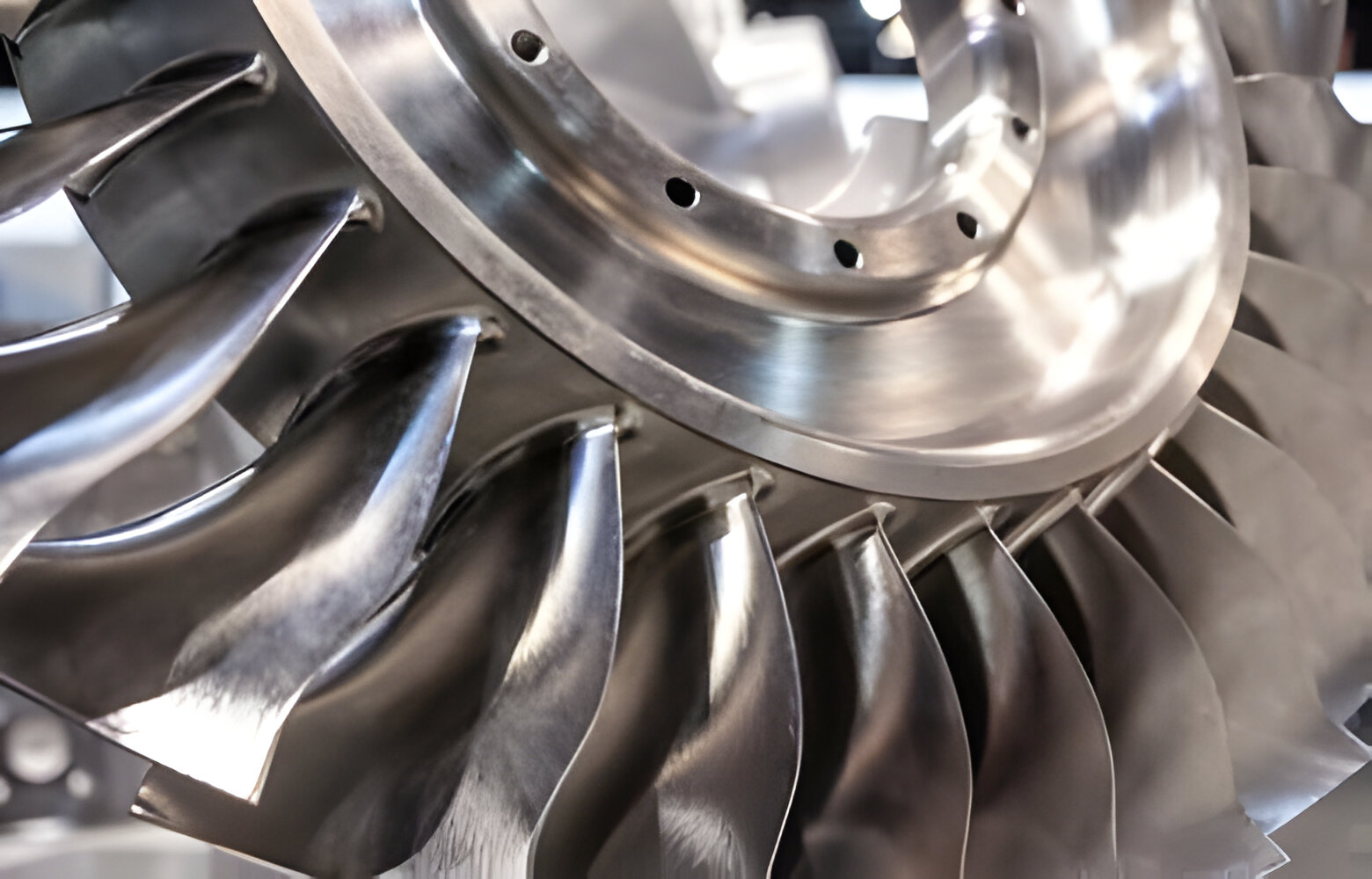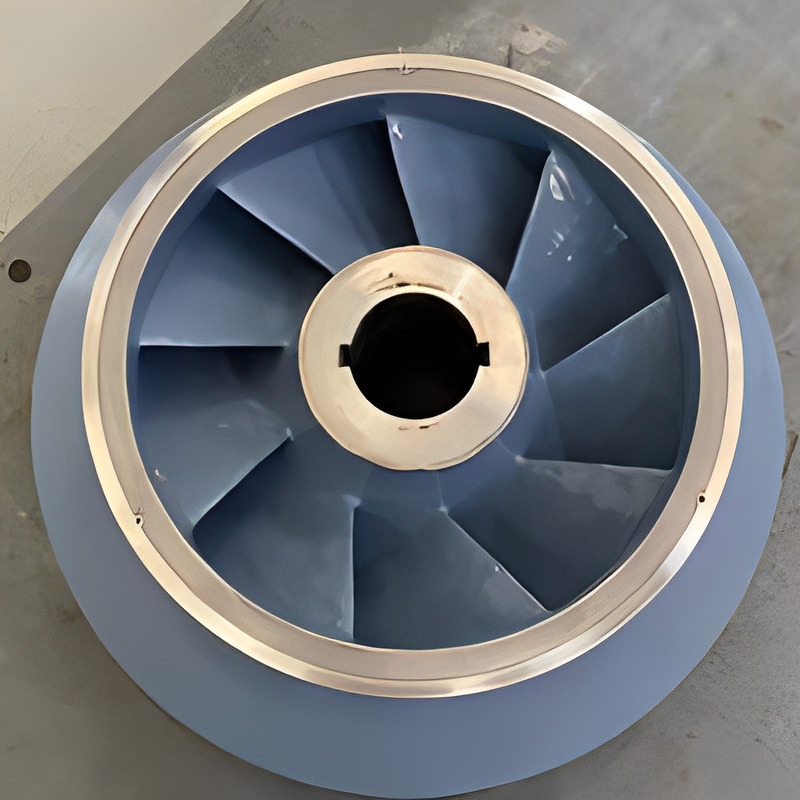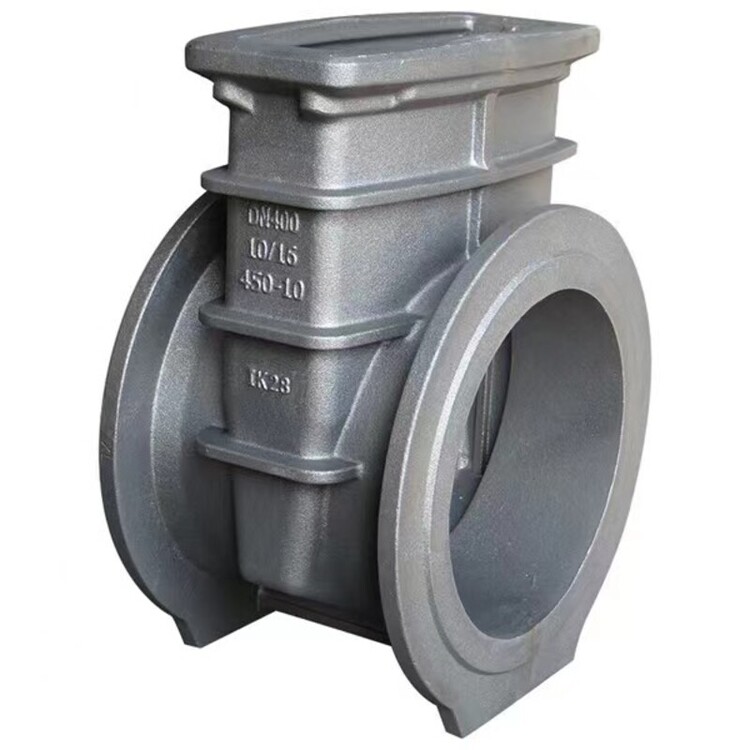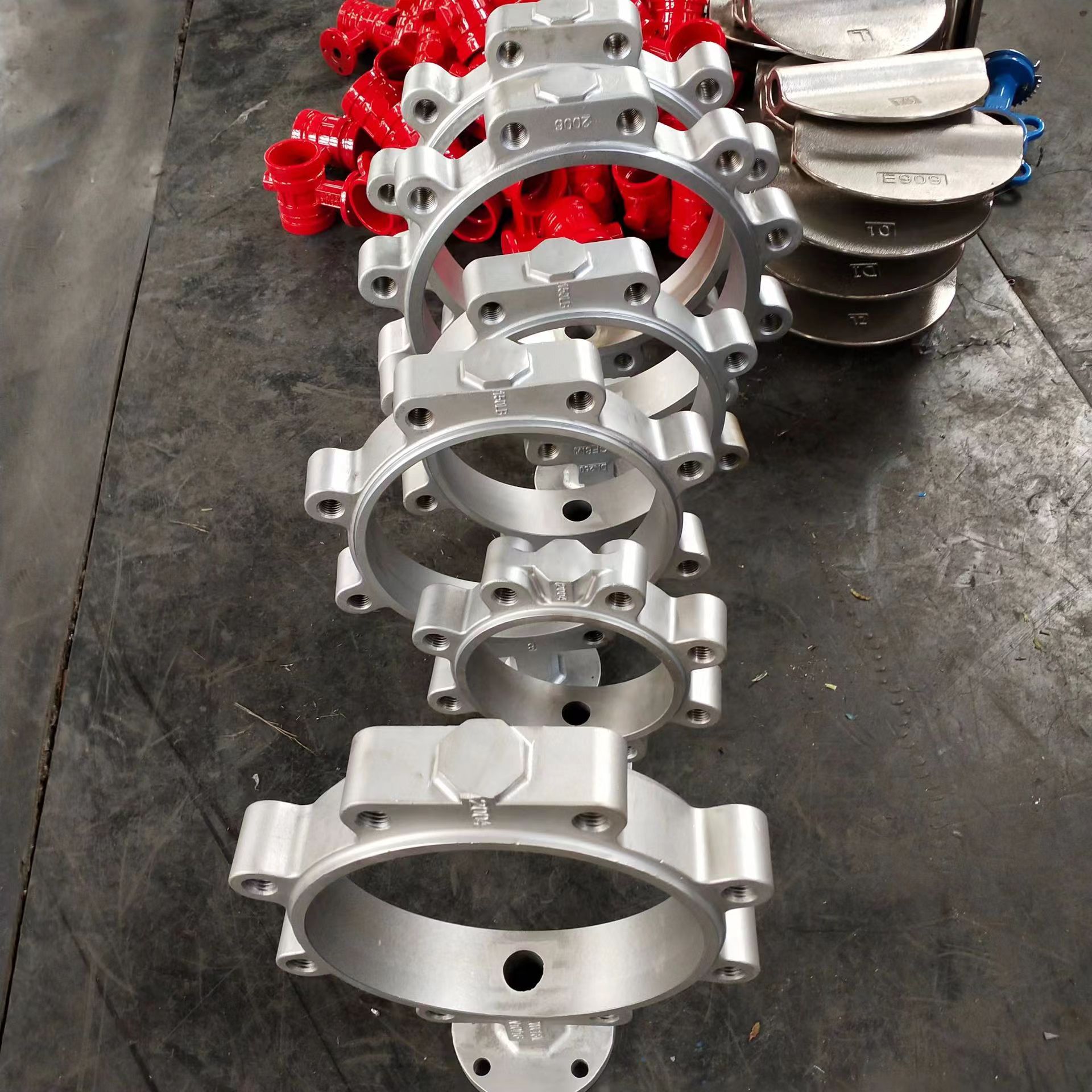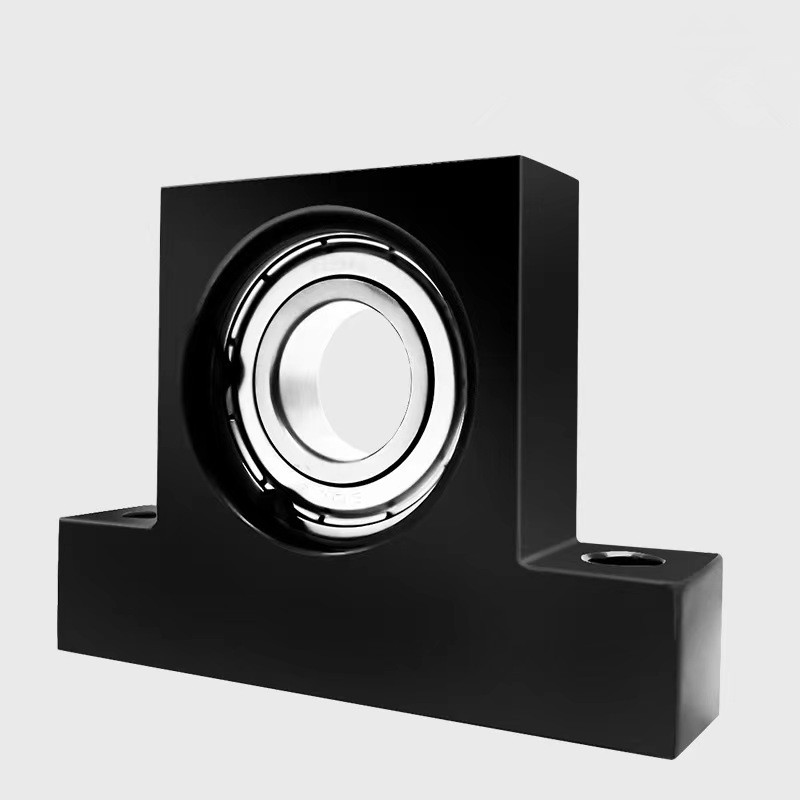Investment casting impellers have revolutionized the efficiency and performance of various pumps across industries. As a leading stainless steel castings manufacturer, KT Foundry takes pride in offering top-quality impellers that are meticulously crafted to meet the highest standards of performance and durability. Whether it's a fuel pump impeller for automotive applications or a centrifugal pump impeller for industrial processes, our range of well-casted impellers stands out for their precision engineering and superior quality.
The Art of Impeller Casting
At the heart of every centrifugal pump lies the impeller, a crucial component responsible for generating the flow and pressure required to move fluids efficiently. Understanding the impeller casting process is essential to appreciate the craftsmanship involved in creating these intricate components.
Impeller casting begins with the selection of suitable materials, often stainless steel or bronze, known for their corrosion resistance and mechanical properties. The process typically involves investment casting or sand casting techniques, each offering unique advantages based on the application requirements.
Investment casting, also known as precision casting, is preferred for its ability to produce complex geometries with tight tolerances. This method involves creating a wax pattern of the impeller, coating it with ceramic slurry, and then melting away the wax to leave behind a hollow ceramic mold. Molten metal is then poured into the mold, solidifying into the final impeller shape after cooling.
On the other hand, sand casting offers cost-effectiveness and versatility, making it suitable for larger impellers or low-volume production runs. In this process, a pattern of the impeller is pressed into sand to create a mold cavity, into which molten metal is poured and allowed to solidify. While sand casting may not achieve the same level of detail as investment casting, it remains a practical choice for many applications.
Optimizing Pump Performance with Precision Impellers
The design and material selection of an impeller play a crucial role in determining pump efficiency and reliability. Stainless steel impeller casting has gained popularity for its excellent corrosion resistance, mechanical strength, and compatibility with a wide range of fluids. Unlike cast iron impellers, which may corrode over time, stainless steel impellers maintain their integrity even in harsh operating conditions.
Moreover, the geometry of the impeller significantly impacts its performance. By optimizing blade angles, vane curvature, and inlet/outlet configurations, engineers can enhance flow dynamics and minimize energy losses within the pump. This attention to detail translates into higher efficiency, reduced operating costs, and extended equipment lifespan.
At KT Foundry, our team of skilled engineers leverages advanced design software and simulation tools to develop impellers tailored to specific application requirements. Whether it's a pump for water circulation in a boat or a pool pump impeller for residential use, we prioritize performance and reliability in every design.
Meeting Diverse Industry Needs
The versatility of impeller casting extends beyond centrifugal pumps, encompassing a wide range of applications across industries. From OEM well-casted impellers for agricultural machinery to custom-designed impellers for wastewater treatment plants, our comprehensive product lineup caters to diverse customer needs.
Furthermore, our commitment to quality extends beyond the manufacturing process, with stringent quality control measures in place to ensure each impeller meets our exacting standards. By partnering with KT Foundry, customers can trust in the reliability and performance of our impellers, backed by years of expertise and innovation in the field of casting technology.


